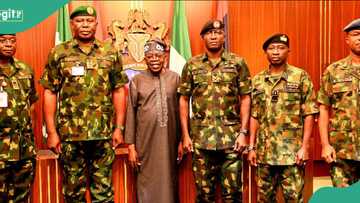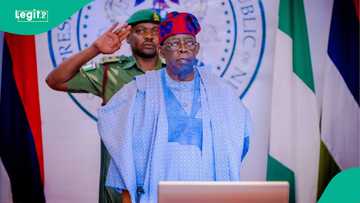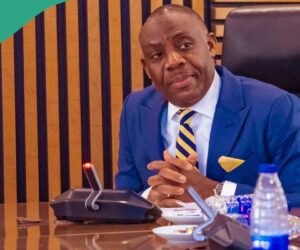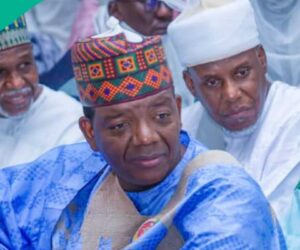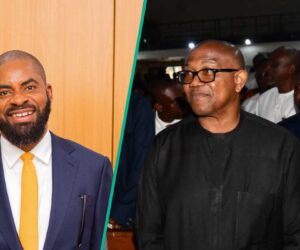- Osun lawmaker Kanmi Ajibola has filed a lawsuit against Nigeria’s military over an alleged coup plot
- The suit challenges the constitutional authority of the armed forces to interfere with democratic governance
- Ajibola seeks a permanent court ban on any future military takeover of civilian rule in Nigeria
A member of the Osun State House of Assembly, Kanmi Ajibola, has taken legal action against the Nigerian military following recent allegations of a coup attempt aimed at toppling the country’s democratic government and removing elected officials, including President Bola Tinubu.
Ajibola, who represents Oriade State Constituency and is a former Chairman of the Nigeria Bar Association (NBA), Ilesa Branch, filed the suit on Thursday, 30 October, at the Federal High Court in Osogbo, Osun State.

Source: Getty Images
According to Guardian newspaper, the defendants named in the case include the Nigerian Army, the Air Force, the Navy, and the Attorney-General of the Federation.

Read also
List of names and agency mentioned in connection to alleged coup despite increased denials
In a 23-paragraph affidavit attached to his originating summons, Ajibola argued that there is no provision in the Nigerian Constitution, the Armed Forces Act, or any other legislation passed by the National Assembly that empowers the military to take over civil rule.
Constitutional limits on military power highlighted
The lawmaker pointed to Section 217 (2) of the 1999 Constitution, which outlines the duties of the armed forces, stating that it does not authorise them to act beyond those functions.
He insisted that the military must comply with Sections 1 (2), 150, and 217 of the Constitution, as well as Section 1 (3 to 5) of the Armed Forces Act.
Ajibola asked the court to issue a permanent ban preventing the armed forces from attempting to seize power or govern Nigeria through a coup or any other unconstitutional means.
Coup allegation described as threat to democracy
In his sworn affidavit, Ajibola described the recent alleged coup attempt as a “bad omen” and “a slap on the face of all true democrats who fought for the enthronement of democracy in Nigeria.”
Ajibola maintained that, as a lawyer and a responsible citizen, he had the right to challenge the military in court over actions he believed were unconstitutional.
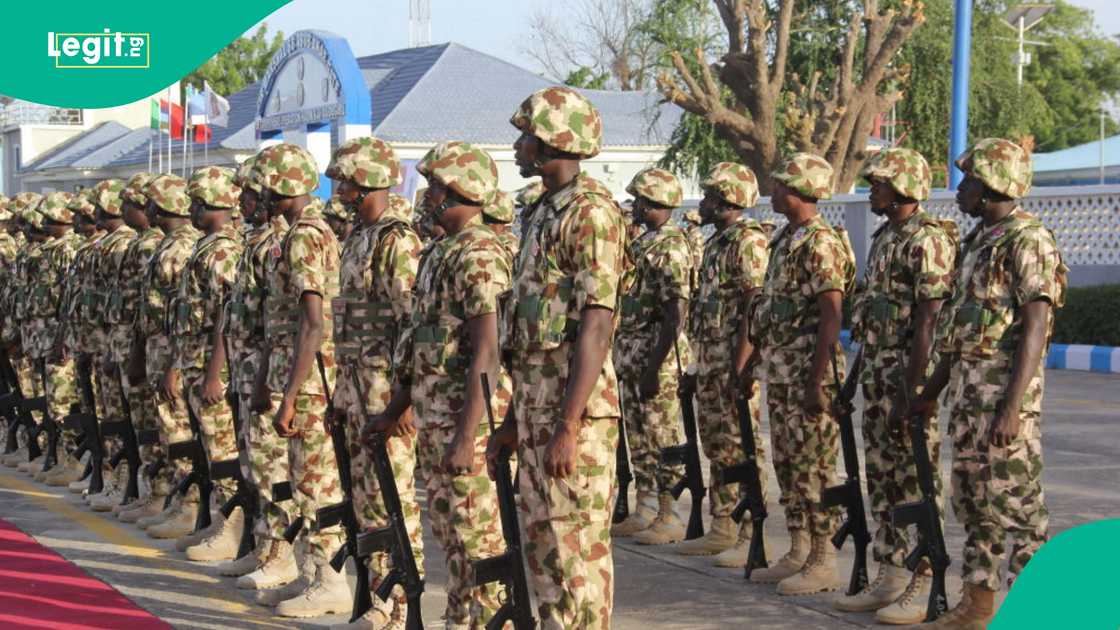
Source: Getty Images
Nigeria’s coup history
Nigeria has experienced multiple military coups between 1966 and 1999, shaping its political history.
Since gaining independence in 1960, Nigeria has witnessed five successful military coups, with the first occurring on 15 January 1966, led by Major Chukwuma Kaduna Nzeogwu and other junior officers.
These coups were often driven by dissatisfaction with civilian rule, corruption, ethnic tensions, and economic instability.
The country remained under military control for much of the period between 1966 and 1999, except for a brief democratic interlude during the Second Republic (1979–1983).
The last major coup attempt was in 1993, and Nigeria has maintained civilian democratic governance since the start of the Fourth Republic in 1999.
Names and agency mentioned in connection to alleged coup
Legit.ng earlier reported that reports emerging from multiple media outlets have continued to link prominent individuals and agencies to an alleged coup plot in Nigeria, despite growing denials and silence from official quarters.
Investigations have reportedly led to arrests, raids, and financial trails that point to a network of politically exposed persons and military operatives.
Source: Legit.ng


